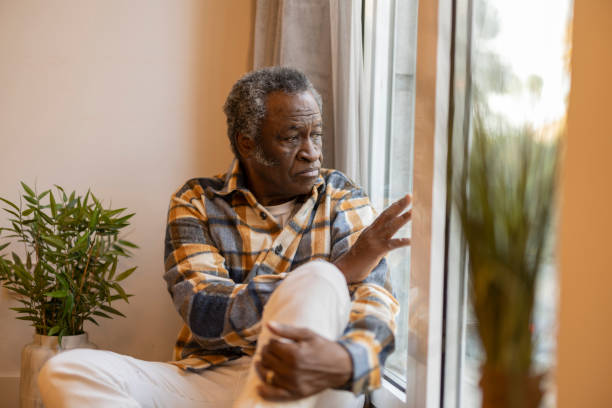How To Protect Your Senior Loved Ones From Isolation And Loneliness
When the Covid-19 pandemic hit, many people across the United States and the world experienced first-hand the anguish of social isolation and loneliness. They were confined to their homes, removed from the workplace and unable to engage in even the simplest of social activities. The impact on their health was significant. Medical researchers reported that about half of the people in the United States experienced measurable levels of social disconnection and loneliness that negatively impacted their physical and mental well-being.
Isolation and loneliness are serious health problems.
The pandemic may have passed but for many seniors, social isolation and loneliness remains an ongoing problem with serious health risks and consequences. Medical experts report that social disconnection is responsible for a 29% increased risk of heart disease, a 32% increase for risk of strokes, and a 50% increase in the risk of dementia for older adults. Loneliness also compromises mental health in seniors, doubling the risk of developing depression versus those who rarely or never experience it.
Social disconnection and loneliness typically occur in older adults who experience the death of a spouse or loved one, prolonged separation from family and friends, loss of purpose in retirement and issues with mobility that prevent them from engaging in activities outside the home.
Numerous public health studies conclude that approximately 50% of people over the age of 60 are at risk of social isolation and that about one-third will experience varying degrees of loneliness during their latter years. Given that this serious health problem is so pervasive in the senior population, it’s important to know how to deal with it when it affects a family member or friends. Here are some proven ways to help:
• Focus on a healthy lifestyle.
Encourage seniors to exercise regularly, eat regular healthy meals, and get enough sleep (7-9 hours). Helping seniors stay healthy helps protect them from many of the physical causes of isolation and loneliness. Seniors who spend at least 2 ½ hours a week on physical exercise activities tend to stay physically and mentally healthier longer.
• Help seniors stay connected.
Communicate often with the seniors in your life. Regular phone calls, video chats, emails and social media postings to your older loved ones will help them stay in touch with their family and friends. If the seniors are not tech savvy, offer to help them learn and that can become another opportunity for you and them to stay connected.
• Promote meaningful social activities.
Older adults who engage with others in activities that they enjoy feel a sense of meaningful purpose that bolsters their physical and mental well-being. They can take up a new hobby or restart an old one, attend a class to learn something new, or participate in a day trip outing with other seniors with similar interests. The list of social engagement possibilities is almost endless, so with effort and encouragement, you can help the senior in your life find something that sparks their interest.
• Promote a pet friend.
If your senior loved ones don’t already have a pet and can provide the care, encourage them to adopt one. A loving pet can provide seniors with the companionship and comfort they need, and it will also keep them more active caring for their furry friend.
• Access your community resources and programs.
There are many senior focused resources and programs available in most communities, so contact your local social service organizations and inquire about what is available so that you can provide your loved one with options they can consider and choose.
Many times, family members and friends are surprised to learn that an older loved one is experiencing isolation or loneliness. The reason why is because they are so busy living their own lives, they tend to forget that someone they know and care about may be feeling painfully alone and disconnected. This is why it is essential to have proactive, meaningful conversations with them before problems occur.

